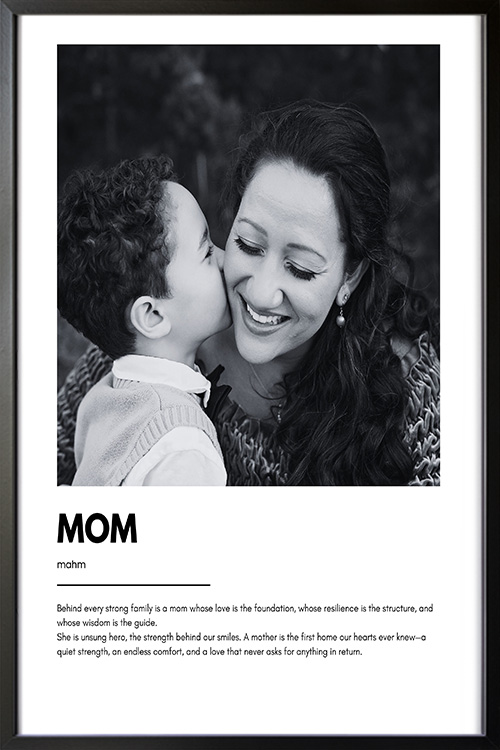The Definition of “Mom” Across Cultures

The word “mom” is a universal symbol of warmth, love, and care, resonating deeply no matter where you are. While motherhood’s biological role is universal, the cultural definitions and expectations of a mother can vary widely. From nurturing caretakers to cultural guardians, the role of a mom is shaped by tradition, religion, and societal norms. Let us explore how motherhood is defined across various cultures.
Western Cultures: Balancing Nurture and Independence
In the United States and much of Europe, the modern mother is seen as both a caregiver and an individual. She is expected to provide emotional support, raise independent children, and often work outside the home. Western motherhood today blends traditional nurturing with personal empowerment, as women balance career, family, and individual identity.
Asian Cultures: Respect and Responsibility
In countries like China, Japan, and India, motherhood is closely tied to discipline, education, and respect. A mother’s role is deeply valued, emphasizing her sacrifices for the well-being and success of her children. Family honor and filial piety are central, and mothers are often seen as moral and emotional anchors of the household.
Middle Eastern Cultures: Reverence and Devotion
In many Middle Eastern societies, mothers are held in high spiritual and social regard. Islam, for example, teaches that “Paradise lies at the feet of your mother,” highlighting the profound respect owed to them. Mothers are considered central figures in family structure and emotional life, responsible for nurturing children’s character and faith.
African Cultures: Motherhood as Community
Across African cultures, a mother’s role extends beyond her immediate family. Women often care for nieces, nephews, and others in the community. The African proverb “It takes a village to raise a child” beautifully reflects this shared responsibility. Mothers are seen as wisdom keepers, tradition bearers, and vital community leaders, fostering a strong sense of communal support.
Indigenous Cultures: Guardians of Culture and Life
In many indigenous societies, mothers are revered not only as life-givers but also as cultural protectors. They play a crucial role in passing down traditions, stories, and spiritual beliefs. Often, indigenous worldviews see the Earth as a mother figure, emphasizing the sacredness of nurturing and creation.
Latin American Cultures: Devotion and Strength
In Latin America, mothers are the emotional heart of the family. They are celebrated for their devotion, patience, and strength. Deeply influenced by Catholic traditions, the image of the Virgin Mary shapes how many view motherhood, with love, sacrifice, and unwavering support being the key qualities.
In a Nutshell
Across cultures, the definition of a mom varies, shaped by history, religion, and social values. Yet, mothers’ love, sacrifice, and strength to families and communities are universally honored. No matter where you go, “mom” resonates deeply and beautifully in different ways.




